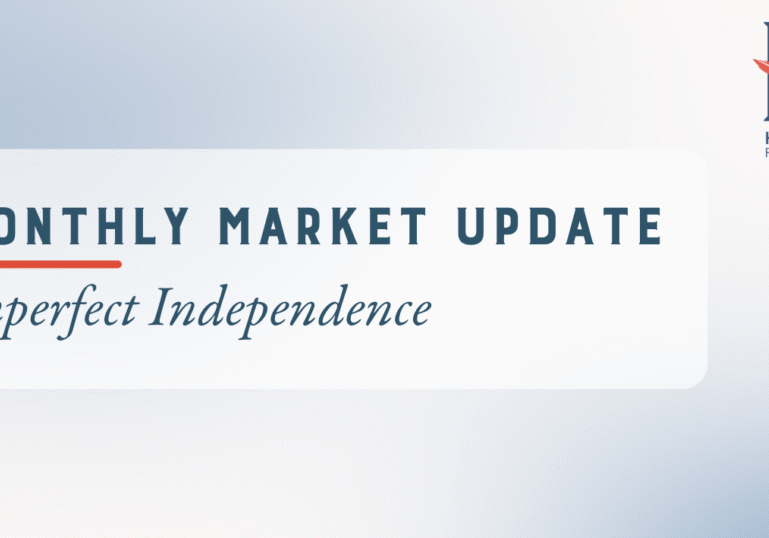Heritage Chief Investment Officer, Bob Weisse, advises that investment strategy (e.g., growth, growth and income, preservation of capital) is a more important decision than investment vehicle (mutual funds vs ETFs (exchange-traded funds) or separate accounts). But once you’ve worked with a Certified Financial Planner® to identify the investment strategy that makes the most sense for your financial plan, which investment vehicles should you consider?
In Episode 24 of our Wealthy Behavior podcast, Bob explains the pros and cons of mutual funds, ETFs, and separate accounts. Listen to this brief 7-minute overview to learn which vehicles are best for tax management, risk management, transparency, charitable giving strategies, business exit strategies, and more.
What Are Interval Funds?
There are options beyond traditional mutual funds and ETFs. Heritage has used interval funds for our clients when appropriate. Interval funds are a kind of mutual fund that is considered “closed-end” in that it has a fixed number of outstanding shares and limited redemption opportunities. Because of these limitations, an interval fund is less liquid than a traditional “open-end” mutual fund. Many alternative or private investment options that do not work in traditional open-end mutual fund or exchange-traded fund (ETF) format can be offered to individual investors through an interval fund. For example, Heritage used interval funds in our investment strategies to provide clients exposure to real assets as inflation was rising.
Can I Invest in Private Equity?
Private investments are yet another type of investment vehicle. Specifically, private investments are ownership interests in non-registered entities’ securities. The three most common types of private investments are (1) private equity (ownership interests in non-public companies), (2) private credit (typically loans to non-public companies), and (3) private real estate (ownership and rental operations of buildings).
Since private companies don’t trade on a regulated public exchange, they are only accessible to sophisticated investors, which is usually defined by the amount of wealth you have. Most private funds are only available to “qualified purchasers” who have $5 million or more in investable assets, excluding the value of their primary residence. For investors with less than that, there are other strategic investment options to consider, such as interval funds.
Read more to learn how Heritage incorporates private investments when working with qualified purchaser clients.


